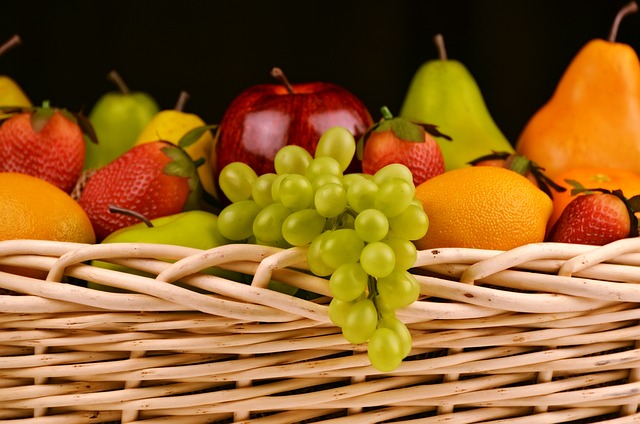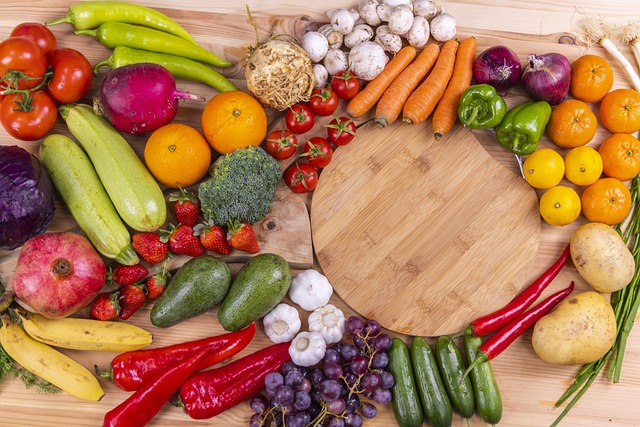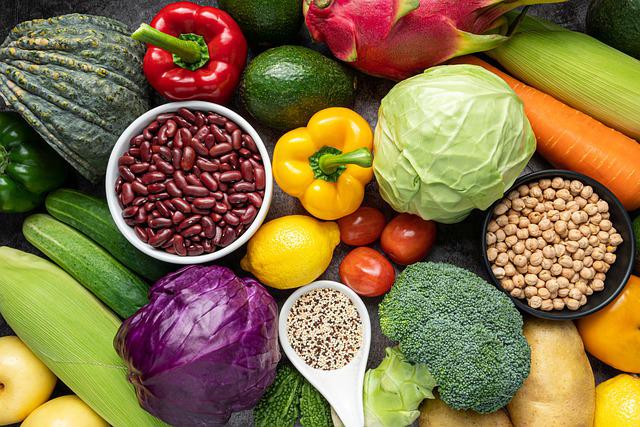-By: Bhavisha Changrani
The food we choose to eat has far-reaching consequences, extending beyond our individual health to impact the environment on a global scale. From the clearing of land for agriculture to the complex processes of food production and distribution, our dietary habits contribute significantly to ecological challenges. But what if we could shift our eating patterns to not only nourish our bodies but also protect the planet? This is the core idea behind sustainable diets.

Defining Sustainable Eating
The concept of sustainable diets centers on minimizing the environmental footprint of our food choices while simultaneously ensuring nutritional adequacy and social equity. It’s about finding a balance between meeting current food and nutritional needs without compromising the ability of future generations to do the same. This involves considering a wide range of factors, including:
Ecological Impact
Reducing greenhouse gas emissions, conserving water resources, and minimizing land use changes associated with food production.
Biodiversity Conservation
Supporting agricultural practices that promote diverse ecosystems and avoid the depletion of natural resources.
Socioeconomic Considerations
Ensuring equitable access to nutritious food and fair economic returns for food producers.
Cultural Appropriateness
Recognizing and respecting diverse food traditions and culinary practices.
Nutritional Adequacy
Providing all the essential nutrients necessary for optimal health and well-being.

Cornerstones of Sustainable Dietary Patterns
Several key principles form the foundation of sustainable eating:
Plant-Forward Approach
Emphasizing plant-based foods such as fruits, vegetables, whole grains, legumes, nuts, and seeds is a central tenet. Plant-based protein sources generally have a lower environmental impact compared to animal-based proteins. Shifting towards a diet richer in plant-based foods and reducing overall meat consumption, particularly red meat, can significantly reduce our ecological footprint.
Waste Reduction Strategies
Food waste is a significant global issue, contributing to greenhouse gas emissions and resource depletion. Implementing strategies to minimize food waste at every stage, from farm to fork, is essential. This includes careful meal planning, proper food storage, and creative utilization of food scraps.
Local and Seasonal Sourcing
Choosing locally sourced and seasonal produce can reduce transportation distances and support local economies. It often means accessing fresher, more nutritious food while minimizing the environmental costs associated with long-distance transportation.

Responsible Seafood Choices
Overfishing and destructive fishing practices pose a serious threat to marine ecosystems. Choosing seafood from sustainably managed fisheries or aquaculture operations that adhere to responsible environmental standards is crucial for protecting ocean biodiversity.
Minimizing Highly Processed Foods
Highly processed foods often involve energy-intensive production methods, excessive packaging, and long supply chains. Choosing whole, minimally processed foods not only benefits our health but also reduces our environmental impact.
Conscious Consumption
Being mindful of the environmental consequences of our food choices is essential. This includes considering factors such as packaging waste, water usage, and the environmental impact of different agricultural practices.

The Multifaceted Benefits of Sustainable Eating
Adopting a sustainable approach to eating offers a wide range of benefits:
Environmental Stewardship
Reducing greenhouse gas emissions, conserving water resources, and protecting biodiversity.
Improved Public Health
Promoting diets rich in fruits, vegetables, and whole grains, which can help prevent chronic diseases.
Economic Resilience
Supporting local farmers and promoting sustainable agricultural practices can strengthen local economies.

Enhanced Food Security
Promoting sustainable food systems can improve long-term food availability and access.
Embarking on a Sustainable Eating Journey
Making the transition to a more sustainable diet doesn’t require drastic overnight changes. Small, incremental steps can have a cumulative positive impact. Consider these starting points:
Introduce Meatless Meals
Experiment with plant-based recipes and incorporate more meatless meals into your weekly routine.
Support Local Farmers Markets
Discover seasonal produce and connect with local food producers.
Plan Meals and Minimize Food Waste
Create meal plans and shopping lists to avoid impulse purchases and reduce food waste.
Explore Sustainable Seafood Options
Research and choose seafood from responsible sources.

Conclusion
By making informed and conscious food choices, we can contribute to a healthier planet and a more sustainable future. Sustainable diets are not just a passing trend; they are a vital pathway towards creating a more resilient and equitable food system for all.













